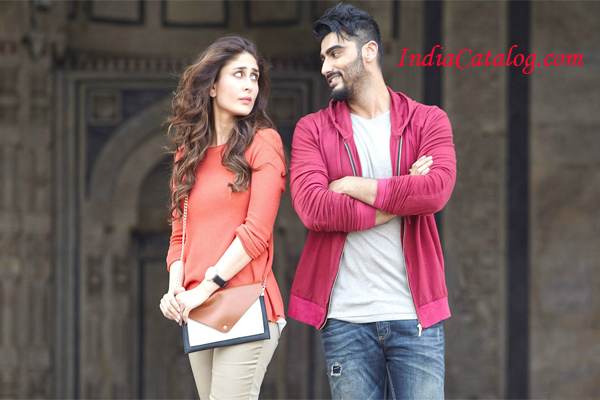Vote-for-bribe cases: SC says no immunity from prosecution to MPs, MLAs
.webp)
A seven-judge bench of the Supreme Court (SC) ruled that lawmakers, including Members of Parliament (MPs) and Members of Legislative Assemblies (MLAs), can be prosecuted under the Prevention of Corruption Act if they receive monetary benefits for their votes and speeches in Parliament or Assembly. This decision overturns the 1998 verdict of the apex court in the PV Narasimha Rao case.
A seven-judge constitutional bench led by the Chief Justice of India, DY Chandrachud, unanimously overturned the 1998 judgement delivered by a five-judge bench in the JMM bribery case. This earlier verdict had provided MPs and MLAs with immunity from prosecution for accepting bribes to deliver a speech or cast a vote in the legislature.
Pronouncing the verdict, CJI Chandrachud said parliamentary privileges do not protect bribery and that the interpretation of the 1998 verdict is contrary to Articles 105 and 194 of the Constitution.
"An MP or MLA can't claim immunity from prosecution on a charge of bribery in connection with the vote or speech in the legislative house," the bench said.
The Supreme Court further said that corruption or bribery by a member of the legislature erodes probity in public life, and accepting bribes itself constitutes the offence.
"To give any privilege unconnected to the functioning of Parliament or legislature will lead to creating a class that enjoys unchecked exemptions from the operation of the law of the land," it said.
Parliamentary privileges are essentially related to the House collectively and necessary for its functioning, said the bench.
"Elections to the Rajya Sabha or to the office of the President or Vice President will also come under the ambit of constitutional provisions applicable to parliamentary privilege," the Supreme Court said.

.webp)
.webp)
.webp)
.webp)
.webp)
.webp)
.webp)
.webp)
.webp)
.webp)















